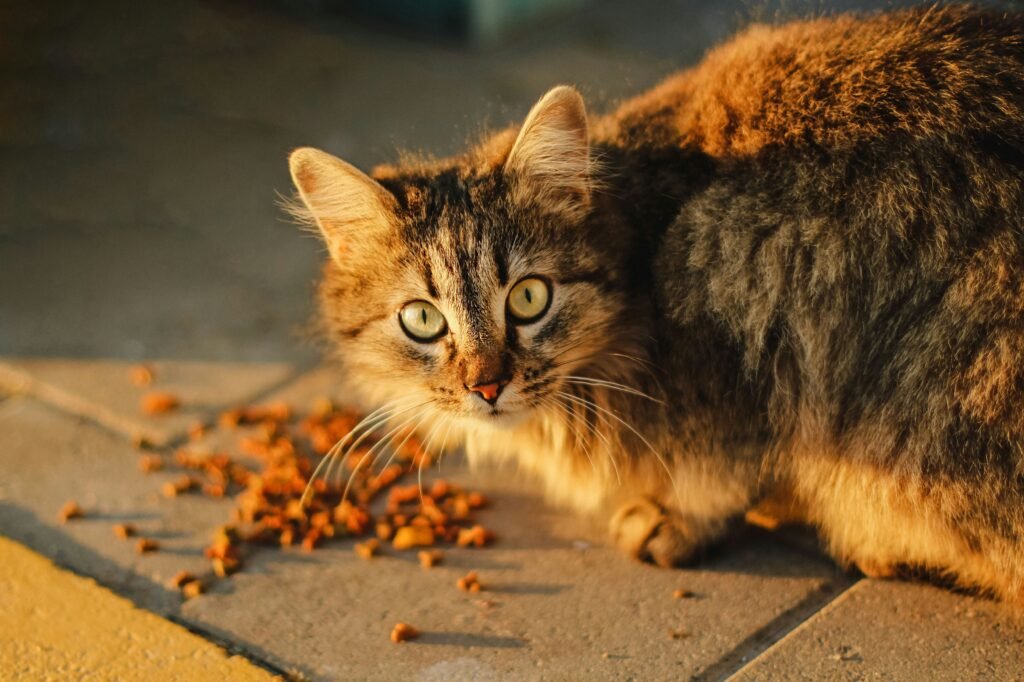Emerging from the vibrant streets of Glasgow, Kneecap has become one of the most influential and provocative voices in contemporary Scottish hip-hop. Known for their unapologetic lyrics, politically charged themes, and innovative sound, Kneecap represents a fresh wave of artists using music to reflect cultural identity, social issues, and working-class reality in Scotland. This article delves into the background, musical style, cultural impact, and ongoing legacy of Kneecap within both the Glasgow music scene and the wider UK hip-hop landscape.
Origins and Background
Kneecap formed in 2016, quickly gaining attention for their distinctive use of Glaswegian dialect and Gaelic elements, setting them apart from mainstream rap groups. The trio consists of members known by their stage names—DAF (Dean Foster), Freddie One, and Steve Lean. Their roots in working-class Glasgow neighbourhoods provide authentic narratives fueling their lyricism.
Initially building a grassroots following, Kneecap combined catchy beats with sharp political commentary, focusing on issues affecting youth, inequality, and the unique Scottish socio-political climate.
Musical Style and Influences
Their music blends grime, trap, and traditional hip-hop elements, layered with traditional Scottish tunes and Gaelic influences for a unique sound. Characteristic features of Kneecap’s music include:
- Fast-paced rhythmic flows interspersed with local slang and traditional Gaelic lyrics.
- Energetic beats produced by Steve Lean, driving danceable tracks and anthems.
- Lyrical themes addressing social justice, political activism, and celebrating working-class culture.
- Bold and often controversial content challenging establishment narratives.
Their fusion of styles and fearless approach appeals both to youthful audiences and those outside traditional hip-hop circles.
Breakthrough Tracks and Discography Highlights
Kneecap’s ascent was propelled by viral hits such as “Crisis,” “Alabama,” and “Get tae Ma Heid,” tracks that seamlessly mix humor, politics, and raw energy.
Notable Albums and EPs:
- “Alert Level 3” (2018): Their debut EP introducing their signature style and themes.
- “The Unknown” (2019): A full-length album solidifying their place in Scottish rap with powerful messages.
- “K” (2021): Critically acclaimed for blending social commentary with innovative production.
Their discography features a potent mix of anthems, cultural reflections, and experimental tracks that continue to grow their fanbase.
Cultural and Political Impact
Kneecap’s work is inseparable from Scottish identity politics. They have been vocal about issues such as:
- Scottish independence, nationalism, and cultural pride.
- Socioeconomic disparities facing Glasgow’s working-class communities.
- Police and government overreach, with various tracks critiquing law enforcement and policy failures.
- Revitalisation of Gaelic language and culture through modern music.
Their appeal transcends entertainment, serving as a soundtrack for a new generation of politically conscious Scots.
Live Performances and Glasgow Scene Presence
Known for their electrifying stage presence, Kneecap has headlined major festivals and Glasgow venues, including SWG3 and King Tut’s Wah Wah Hut. Their concerts are communal celebrations mixing mosh pits, dance anthems, and conscious lyrics, fostering strong bonds with audiences.
Their dedication to Glasgow’s music ecosystem extends to collaborations with local artists, contributing to the city’s reputation as a hub for creative music cultures.
Social Media and Fan Engagement
Kneecap’s savvy use of social platforms increases their reach. They regularly share music videos, social commentary, and messaging that sustains engagement with a devoted fan community. Their openness garners respect and loyalty, with fans appreciating candidness and shared identity.
Challenges and Controversies
Their upfront style sometimes sparks backlash from political opponents or media outlets uncomfortable with their provocative critiques. However, Kneecap often counters these with further directness and resilience, embodying punk-like defiance within hip-hop.
Future Prospects and Legacy
Kneecap continues to shape Scottish hip-hop’s evolution, paving the way for younger artists blending local culture and global sounds. Their influence inspires discussions around national identity, music as political protest, and the importance of cultural heritage in contemporary art.
How to Stay Connected with Kneecap
- Stream music on all major platforms including Spotify and Apple Music.
- Follow their official socials for news on releases and tours.
- Attend live shows for immersive fan experiences in Glasgow and beyond.
Frequently Asked Questions (FAQs)
Q1: Who are the members of Kneecap?
A1: Kneecap consists of DAF (Dean Foster), Freddie One, and Steve Lean.
Q2: What language do Kneecap use in their songs?
A2: They use a blend of English, Glaswegian dialect, and Scottish Gaelic.
Q3: What are Kneecap’s most famous songs?
A3: Notable tracks include “Crisis,” “Alabama,” and “Get tae Ma Heid.”
Q4: Where can I watch Kneecap live?
A4: They regularly perform in Glasgow venues and UK music festivals; check official channels for tour dates.
Q5: What themes do they cover in their music?
A5: Their music touches on Scottish politics, social justice, working-class life, and cultural pride.
Conclusion
Kneecap represents a powerful, authentic voice in Glasgow’s and Scotland’s music landscape, intertwining gritty realism with cultural celebration and political engagement. For fans and newcomers alike, following Kneecap offers insight into modern Scottish identity, rooted in a vibrant music scene with a global reach.
For more UK music scene updates, concert guides, and cultural discussions, explore these related reads:
- Media Wall Ideas 2025 UK Home Designs
- Small Bathroom Ideas 2025: Maximise Style & Space UK
- World Book Day Costume Ideas Women UK 2025
- Gender Reveal Ideas 2025 UK Unique Eco-Friendly
- Must Have Ideas Discount Code UK 2025
- Outdoor Cooking Area Ideas UK 2025
- Tuff Tray Ideas UK 2025
- Veterans ID Card UK 2025
- Chichester Cathedral UK 2025 Detailed History Visitor Guide
Trusted UK sources for music and cultural news:



